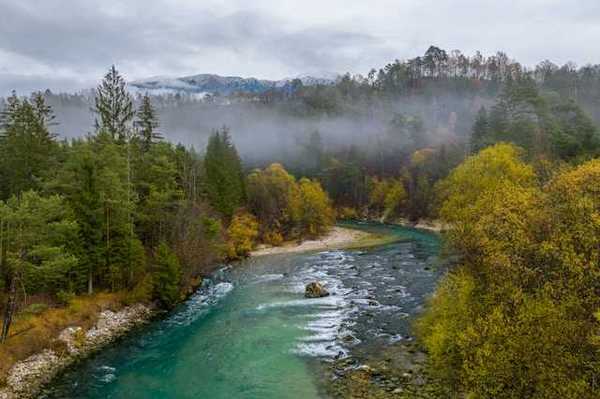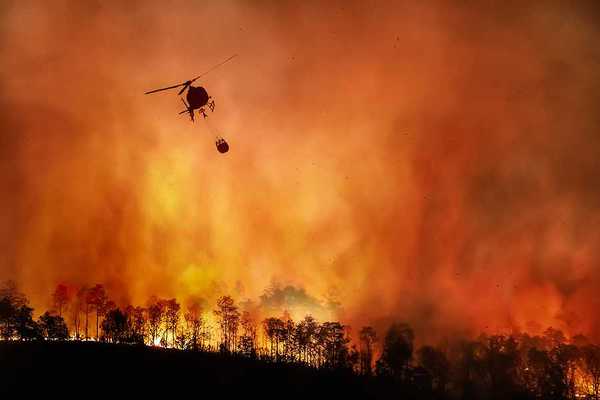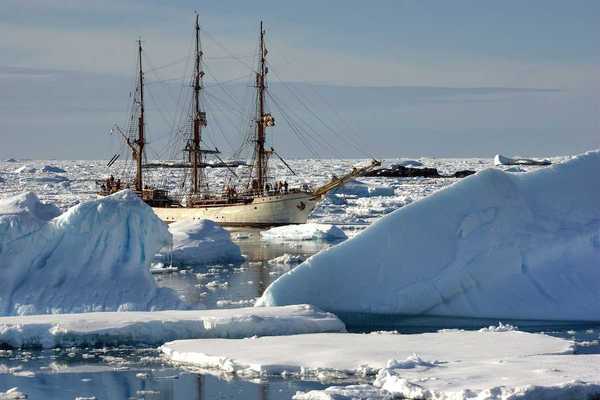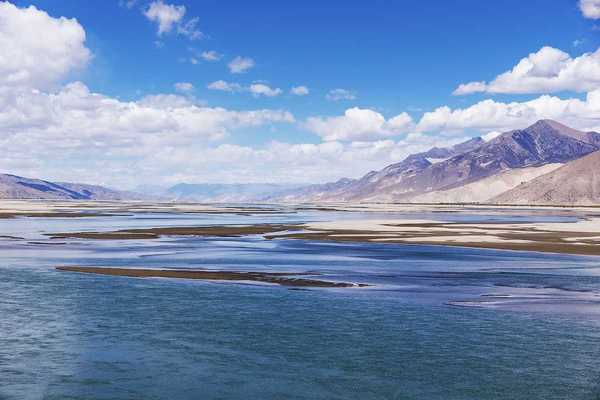biodiversity
Opinion: The UK government didn’t want you to see this report on ecosystem collapse. I’m not surprised
It took an FOI request to bring this national security assessment to light. For ‘doomsayers’ like us, it is the ultimate vindication, says Guardian columnist George Monbiot.
FEMA rule floodplain restoration and its impact
An outdated federal rule is routinely blocking projects to improve water quality, prevent erosion, and reduce flooding.
Many Amazon climate disasters are missing from official records, study finds
More than 12,500 extreme climate events were registered in the Amazon biome between 2013 and 2023, according to a recent study, but many more events were never recorded.
A look through a century of Times reporting from Antarctica
As glaciers shrink, Central Asian states find way to share water
Opinion: The mother of all mega-dams is China’s hidden weapon in the Himalayas
New disclosures reveal that China’s planned super-dam on the Yarlung Tsangpo — the world’s highest-altitude major river, better known as the Brahmaputra — is not a single structure. Rather, it is a a vast, tunnel-linked hydropower and water-diversion complex, spanning roughly 150 kilometers through the Himalayas.
















